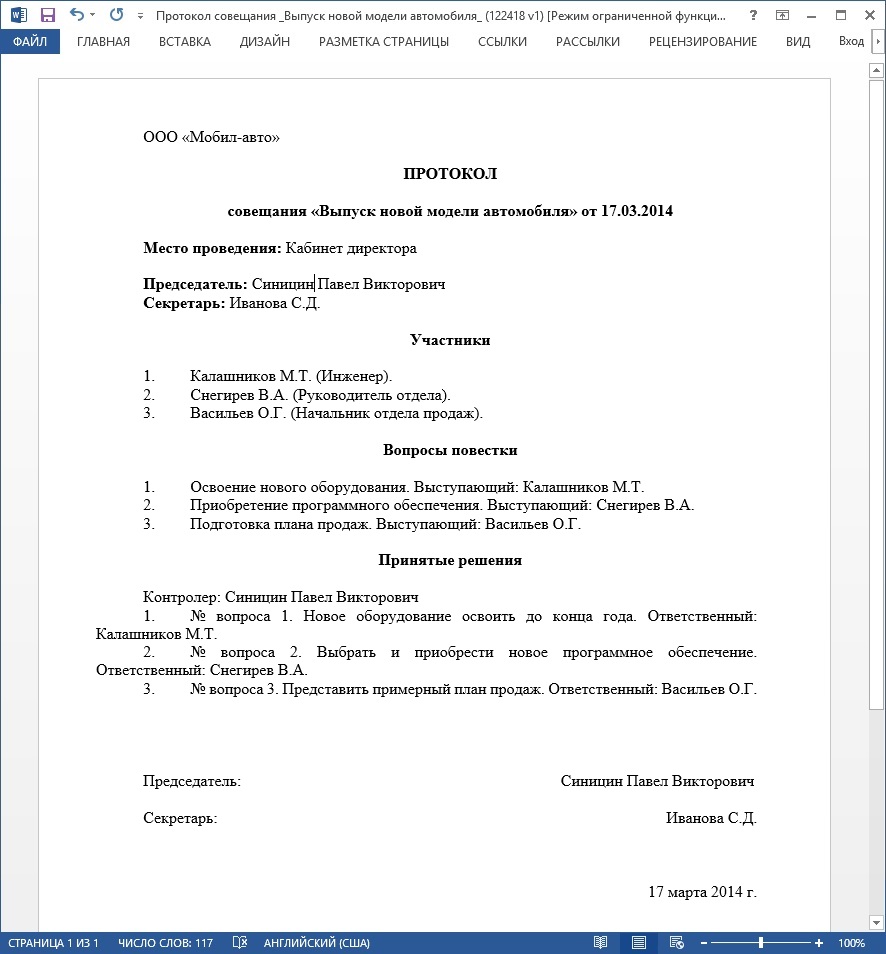Protokoli Soveschanij Pri Zaveduyuschej Dou

• • ^ Intelligenzblatt zur Laibacher Zeitung, no. 24 November 1849, p. • ^ Leksikon občin kraljestev in dežel zastopanih v državnem zboru, vol. Dvorna in Državna Tiskarna, p. • • Spremembe naselij 1948–95. Ljubljana: Geografski inštitut ZRC SAZU, DZS.
• Snoj, Marko. Etimološki slovar slovenskih zemljepisnih imen. Ljubljana: Modrijan and Založba ZRC, p.
• ^ Savnik, Roman, ed. Krajevni leksikon Slovenije, vol. Ljubljana: Državna založba Slovenije. • Griesser-Pečar, Tamara. Ost to pst converter full version with crack serial keygen download. Cerkev na zatožni klopi. Sodni procesi, administrativne kazni, posegi 'ljudske oblasti' v Sloveniji 1943 do 1961. Ljubljana: Družina, p.
• Škerbec, Matija. Krivda rdeče fronte, vol. Cleveland: Author, p. • (in Slovene) • reference number ešd 2364 External links [ ] • Media related to at Wikimedia Commons •.
After the completion of her mission in Kyiv in August 2018, Ambassador Prah was appointed Head of Department for Public Diplomacy and International Cooperation in Culture. On 3 January 2019, she took up the position of the Head of Diplomatic Protocol at the Ministry of Foreign Affairs. Jul 02, 2014 Zvonenje treh bronastih zvonov, vlitih pri Pernerju, v Schillingovem rebru. Dispozicija: G1 - B1 - C2 (Te Deum).
This is the first Human Development Paper for Serbia, focusing on inequality. The Agenda 2030 for Sustainable Development places a special emphasis on eradicating poverty worldwide while reducing inequality and exclusion, promoting peaceful, just and inclusive societies and leaving no one behind. The achievement of Sustainable Development Goals requires new approaches to how we understand and address inter-related challenges of poverty, inequality and exclusion. The paper analyses and sets a national baseline for SDG10 leading indicator 10.1.1 - Growth rates of household expenditure or income per capita among the bottom 40 per cent of the population and the total population and the related target 10.1. – By 2030, progressively achieve and sustain income growth of the bottom 40 per cent of the population at a rate higher than the national average. Across the Western Balkans, Lesbian, Gay, Bisexual, Transsexual and Intersex (LGBTI) people are fighting for their rights to lead a normal life.
While there have been laws and measures passed to criminalize discrimination, violent acts and hate speech based on Sexual Orientation and Gender Identity (SOGI), there is much more that needs to be done in order to achieve full recognition and equality. The report “Being LGBTI in Serbia” presents a comprehensive review and analysis of the impacts of the legal, institutional, policy, social, cultural and economic environment on LGBTI people. The report is based on the review and verification of existing reports of case law, legislation and all other relevant materials. Serbia has adopted a wide anti-discriminatory legal framework. However, there are legal gaps that leave the rights of LGBTI people unregulated, including the rights of same-sex partners and access to documents for trans people. UNDP is the UN's global development network, an organization advocating for change and connecting countries to knowledge, experience and resources to help people build a better life. We are on the ground in some 170 countries and territories, working with them on their own solutions to global and national development challenges.
As they develop local capacity, they draw on the peoplea of UNDP and our wide range of partners. Our objectives are outlined in the Country Programme Document (CPD 2016-2020), rooted in the overarching goals of the United Nations Development Partnership Framework, which centers the work of the entire UN Country Team in Serbia on supporting Serbia to achieve goals in the areas of: Governance and Rule of Law, Social and Human Resources Development, Economic Development, Growth, and Employment, Environment, Climate Change and Resilient Communities and Culture and Development.
- суббота 29 декабря
- 17